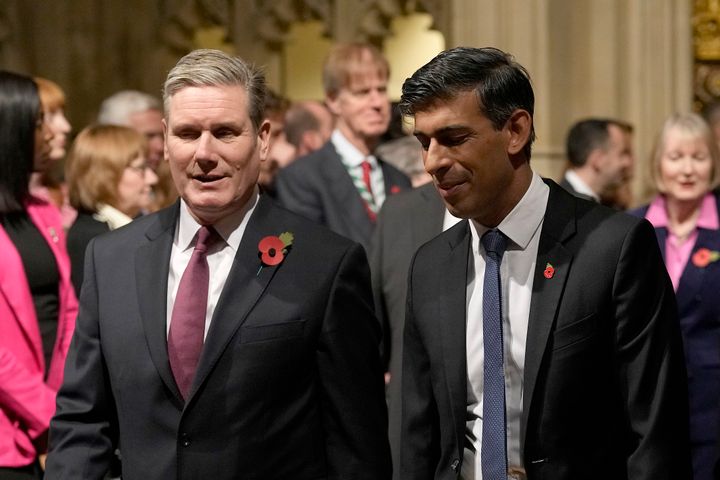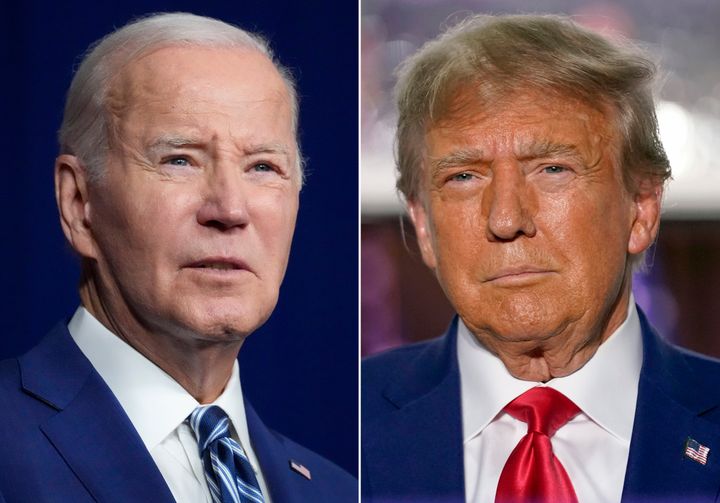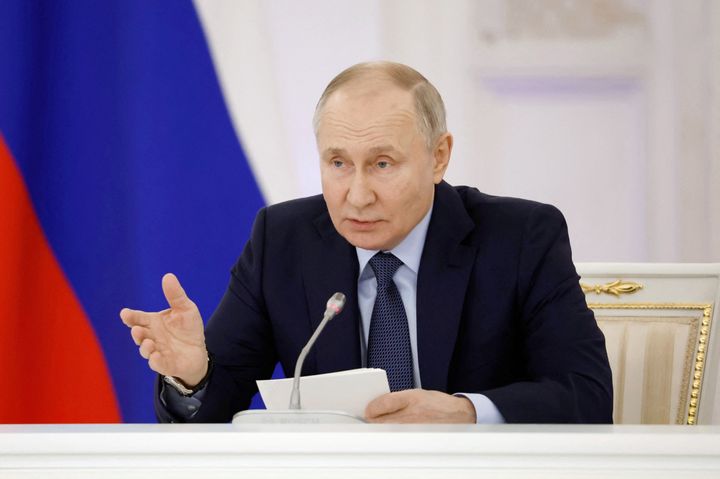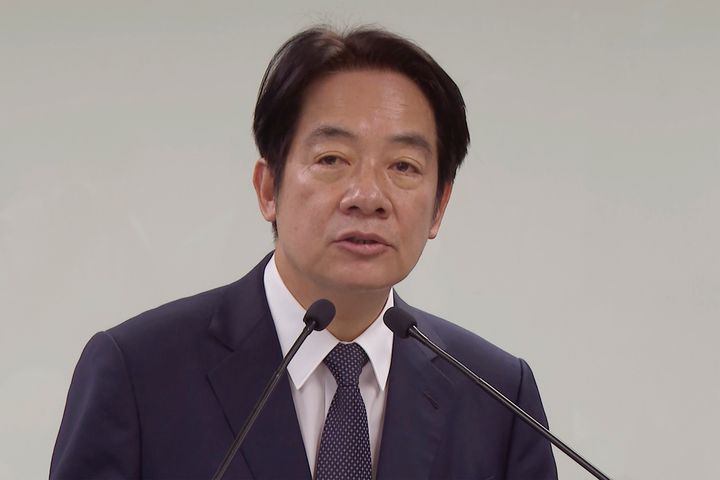A staggering proportion of the world’s population will be able to head to the ballot box for major elections next year – a fifth, in fact – meaning the international stage as we know it could look very different next year.
Of course, politicians will probably still be grappling with many of the global issues which appeared in 2023 – the international cost of living crisis; the Israel–Gaza war; the Ukraine–Russia war; post-pandemic recovery; the climate crisis; among plenty of other geo-political issues – and that’s before we even look at domestic politics.
Advertisement
But, new faces in positions of power could help trigger incremental changes, which ripple around the world.
The first election will kick off in Taiwan, in January, but there will be total of 40 national elections, representing 41% of the world’s population (and 42% of GDP, according to Bloomberg) throughout the year.
So, just changes could a batch of newly elected political leaders bring – if any at all?
Here’s a look at just a handful of the elections which could have major consequences for international diplomacy.
1. UK’s general election

WPA Pool via Getty Images
Advertisement
Looking at the most immediate change next year’s elections may bring, let’s start with the UK’s general election.
Technically, the Conservatives could choose not to call a slightly early election and hold on until January 28, 2025.
However, PM Rishi Sunak has said, “2024 will be an election year,” and there is speculation the Tories will call a snap election for May, after the date of the spring budget was announced.
The Conservatives are trailing in the polls though, meaning Labour’s Keir Starmer is widely expected to get into office. That would be the first time the party has been in Downing Street since 2010.
He is expected to improve the relationship between the UK and the rest of Europe in the wake of Brexit, and has vowed to provide 100% clean power by 2030 – following serious backlash over the Tories’ decision to water down green pledges – and plans to bring in 1.5 million new homes over the course of he next five years.
Advertisement
Labour want to invest an extra £1.1 billion in the NHS, too.
It’s perhaps not surprising then, that an Ipsos poll from October found voters think a Starmer-led Labour government is more likely to improve public services, offer a fresh start for the country, act with integrity and reduce regional inequalities.
2. US’s presidential election

via Associated Press
Looking further afield, people in North America head to the polls on November 5, 2024 – the last election of the year. The winner will serve four years from their inauguration on January 20, 2025.
The Republican Party is yet to choose their final candidate, but it is widely expected that former US president Donald Trump will be on the Republican ticket against the incumbent Joe Biden will be on the Democrats – just like in the 2019 race.
Trump has been charged in four separate criminal cases and could be put on trial as soon as March. He has pleaded not guilty in all cases, but two states have already removed him from the primary ballot, Maine and Colorado.
Advertisement
However, if he does still manage to get into the Oval Office again, he has already hinted he would be even more controversial than in his previous stint.
He has accused immigrants of “poisoning the blood of our country” and has called “communists, Marxists, fascists and the radical-left thugs” “vermin”.
Trump has announced plans to “dismantle the deep state” too.
On the international stage, there’s a chance his presence in the White House could impact the Ukraine-Russia war in Vladimir Putin’s favour, while US-China tensions could skyrocket, too.
3. Russia’s presidential election

DMITRY ASTAKHOV via Getty Images
Vladimir Putin is almost definitely expected to win this election with a staggering proportion of the vote. As an authoritarian leader, he has been in office since 1999.
Advertisement
Set to take place in March 2024, the Russian election is not exactly going to be a level playing field.
Putin’s press secretary Dmitry Peskov told the New York Times that the “presidential election is not really democracy, it is costly bureaucracy”, and that Putin would be “re-elected next year with more than 90% of the vote”.
However, Peskov later claimed his comments had been interpreted “in an absolutely the wrong way”.
Still, Putin has no main political opposition – his primary opposition, Kremlin critic Alexi Navalny, in currently in a penal colony beyond the Arctic Circle as part of his 19-year sentence for extremism charges.
Another candidate, former TV journalist and anti-war campaigner Yekaterina Duntsova, has been banned for running against Putin supposedly after errors were discovered on her application.
That doesn’t mean there’s no risk for Putin, though.
As Chatham House pointed out, elections where there’s just one contender up for office again and again means they still have to “match or beat their own results in prior votes to maintain a winning image” – that could be a challenge, considering the fatigue towards the Ukraine war creeping into Russia.
Advertisement
Still, a fifth term of Putin would strengthen and legitimise his efforts in Ukraine, especially as this will be the first presidential election since he ordered the invasion back in February 2022.
In that time, Putin has been declared a war criminal by the International Criminal Court, thousands have fled the country and at least 300,000 mobilised to fight in the war.
4. Taiwan’s presidential election

via Associated Press
Taiwan may not be a huge country but the results of its presidential election in January could rock the boat for both China and the US.
Taiwan, split from China in a civil war in the 1940s, has since become self-governed with democratically elected leaders and around 300,000 active troops in its armed forces.
Advertisement
Beijing, however, thinks Taiwan should still be part of China – and has repeatedly hinted at seizing the island.
The US has irked China by offering Taiwan the means to defend itself, even if the White House insists that it does not officially recognise the state’s independence.
China has warned it will use force if Taiwan ever formally declares independence, while Taiwan has maintained it is still an independent state and it will still protect itself.
So, tensions are pretty high ahead of Taiwan’s January 13 elections – especially as the island plays an essential role in the global economy because of its supply of microchips.
China is expected to look for means to undermine the ruling Democratic Progressive Party in any possible.
Advertisement
Right now, Tsai’s DPP vice-president William Lai, is the frontrunner and known for pushing for formal Taiwan independence, which means Beijing is desperately hoping he does not get into office.
Meanwhile, his main opposition, the candidate for the nationalist group Kuomintang, Jaw Shaw Kong, is looking to build a relationship with China by suggesting one day the two can be reunited again, without any form of war.
There are domestic issues at play, too, such as rising costs and a housing crisis, which has helped populist candidate Ko Wen-je of the Taiwan People’s Party win support. He has also promised to build a better relationship with Beijing.
Lai and the DPP are expected to win an unprecedented third term, but on a narrow margin – and the election itself could still mean China gets a chance to strengthen anti-DPP propaganda on social media.






